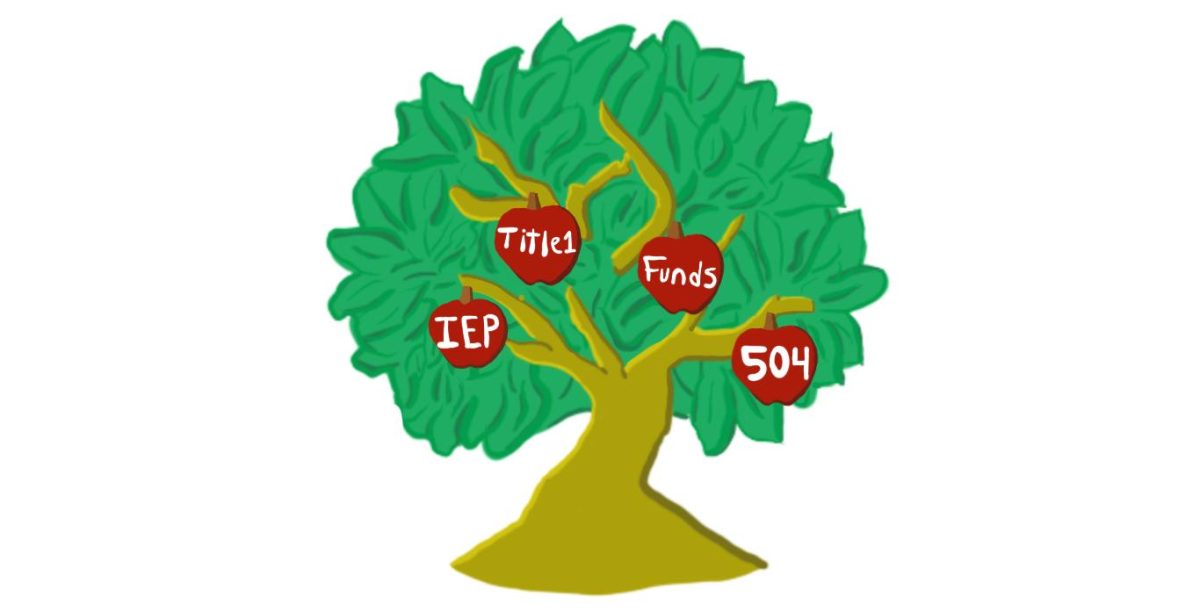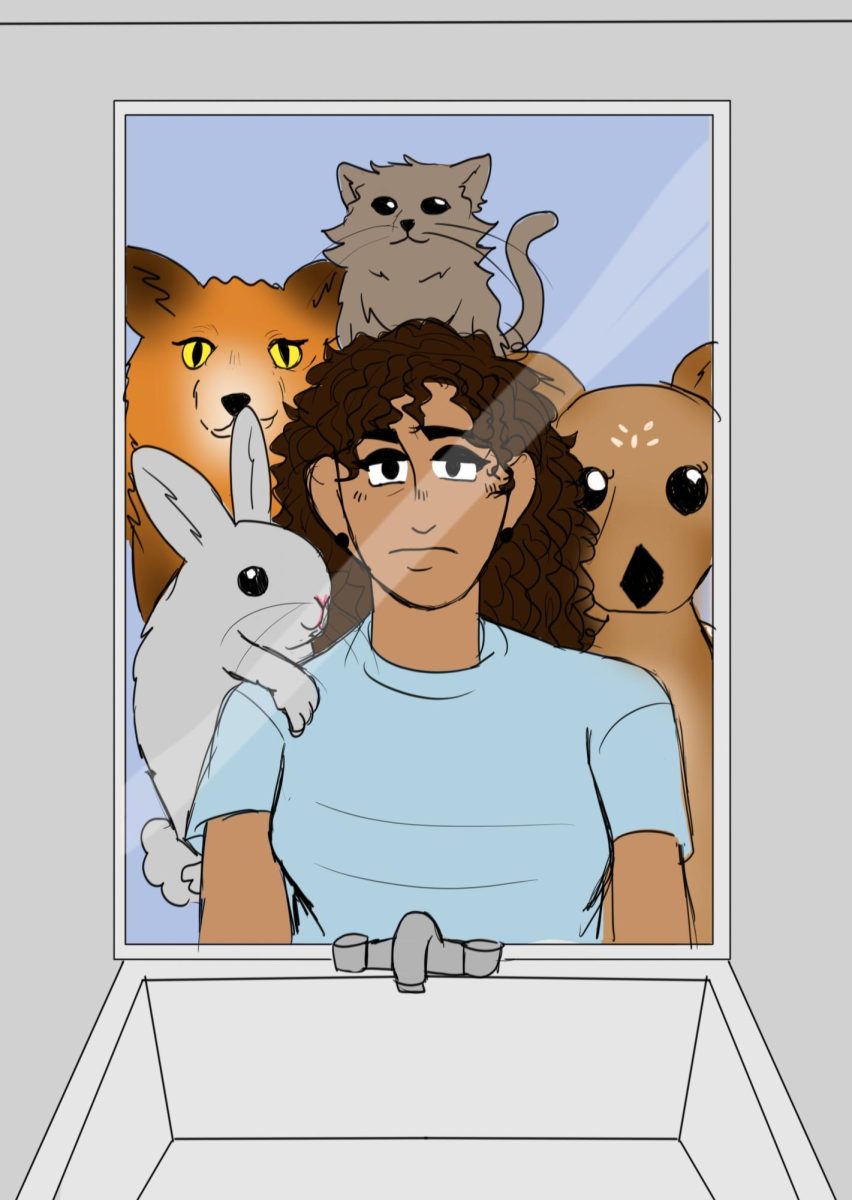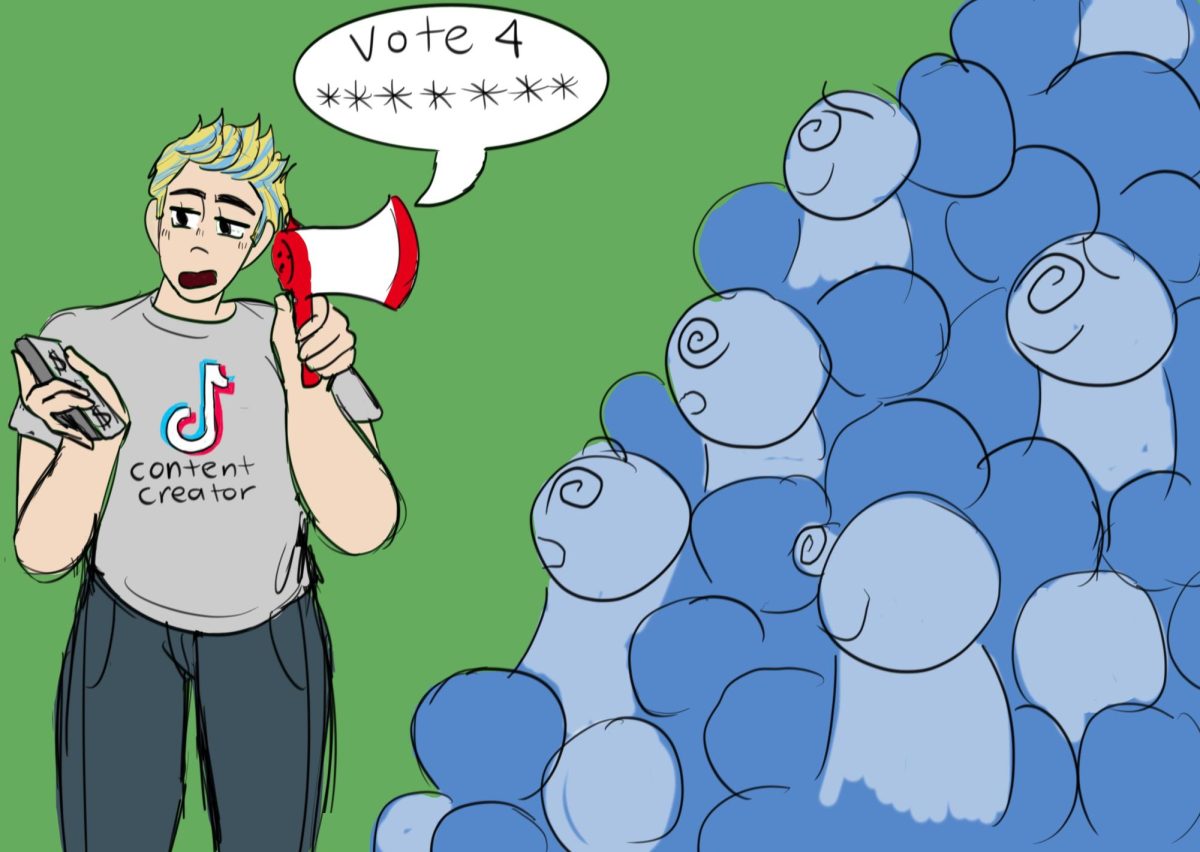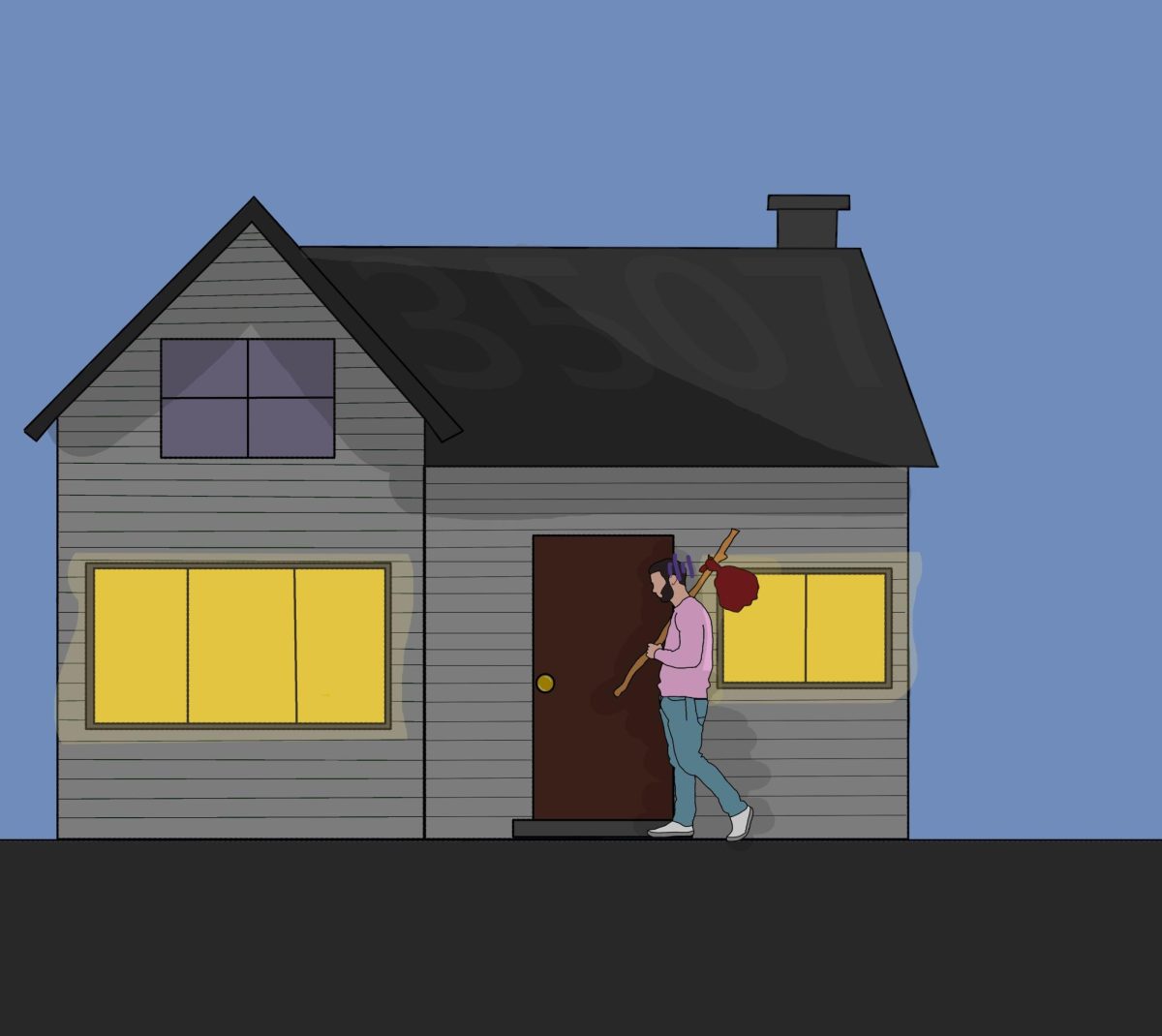Lately it seems as though time is never going at the same pace and decides to go by fast or slow depending on what I do in my daily routine. A quick five minute look at Tik Tok or Instagram suddenly turns into an hour and a single episode on a Netflix series suddenly becomes five. Yet, an hour working on homework or research can feel like more.
It seems as though I feel the impact of stress and its correlation with technology and more specifically, social media. Expert Aoife McLoughlin discussed these topics with Science alert, a news publication that revealed the impacts of pressure and technology can have on people’s perception of time. Moreover, explaining that the way we perceive time can be affected by habits and the concept of time stress.
Furthermore, I often find myself feeling as though I have been doing a certain assignment forever when it’s only been 30 minutes. I also find that when I plan to finish something like reading annotations, it takes longer than it should as I constantly check notifications on my phone.
I have begun to set better habits for myself to take advantage of extra time, decrease procrastination and thus prevent stress of completing a number of tasks in a certain time period. This plays into time management and how much of my day I spend on technology. Realizing how quickly I can lose time on social media apps and entertainment, I have begun limiting screen time and placing my phone away from me when completing day-to-day tasks.
Addressing habits that set me back has been a goal for me this year. In relation to technology, I have also recognized the impact technology usage has had on my attention span. Therefore, leading me to various studies and research that brings attention to a prevalent trend on waning attention spans and difficulty maintaining focus.
CNN Health, an informational website on health-related topics, interviewed Dr. Gloria Mark, a professor of informatics, who discussed that “In 2004, we measured the average attention on a screen to be two and a half minutes…Some years later, we found attention spans to be about 75 seconds. Now we find people can only pay attention to one screen for an average of 47 seconds.”
I have found myself increasingly favoring the ten-second skip button on Netflix or Youtube whenever I sit down to view something. The urge to skip past conversations or scenes I find ‘unnecessary’ and hoping to only view the parts that get to the point have become one of my habits. Not only do I find myself skipping ahead in films but also in music services like Spotify. Like many users I don’t listen to the necessary 30 second ad and instead pay for a no ad service.
Even with the many setbacks in the power to focus, I still hope to improve my ability as well as those around me with goals I set for myself. Understanding what does and doesn’t help me is important to achieve my best self. I look forward to strong time management, better habits and less screen time to take back the time lost.










